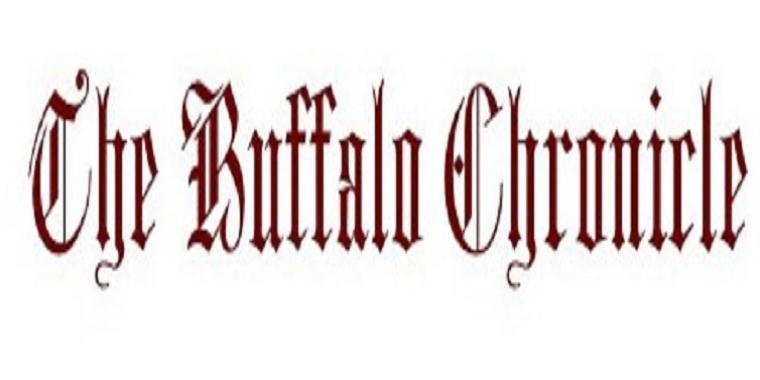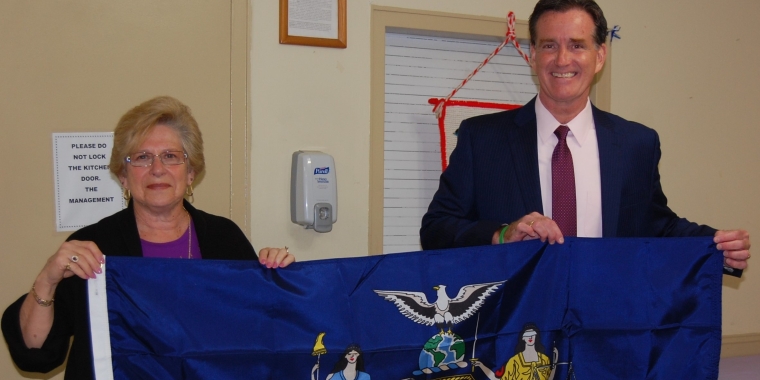
2005-06 State Budget Includes $155 Million Tax Cut Package
Senator John J. Flanagan (R,C-East Northport) today announced that the 2005-06 State budget includes a tax cut package of more than $155 million in business and personal income tax reductions over the next four years to create jobs and strengthen the economy. The budget will also expand the Empire Zone program to include 12 new zones.
The plan includes tax credits for biotechnology, adopting a single sales factor to boost manufacturing jobs and investment in emerging technologies. The tax cut plan would save $7.3 million in 2005-06, increasing to $155.4 million in four years.
"These tax cuts, which are critically important in our economy to stimulate business and job growth, will make New York State more economically competitive, especially in emerging technologies," Senator John J. Flanagan said. "The package builds on the tax cuts the Senate has successfully fought for over the past decade that have provided a cumulative savings of $19 billion. These tax cut measures will strengthen the economy and result in the formation of new businesses, jobs and revenue that will help fund other investments in education, health care, transportation and other areas."
"The continued commitment to fund important economic development programs, like Empire Zones, while keeping taxes down is fundamental to our state’s economic health," said Senator John J. Flanagan. "The economic development and tax portion of this budget allows our state’s economy to grow and prosper."
The tax cut package to be included in the 2005-06 budget includes the following:
Single Sales Factor -- Corporate taxpayers in New York calculate their taxable income based on sales, payroll and property in New York State, which increases the tax liability of businesses that increase employment and investment here. This puts New York at a competitive disadvantage for business and jobs. The budget plan would allow New York State companies to
allocate income based on sales alone, phased in over a three year period, saving New York companies $130 million a year, when fully phased in. Changing to a single sales factor is the single best tax policy move New York could make to attract and retain jobs, and discourage outsourcing, especially in manufacturing, broadcasting, financial investment and biotechnology and high technology research and development.
Empire Zone Expansion -- The budget authorizes 12 new Empire Zones through a competitive process that would allocate three zones in each of the next four years to ensure that each county would have the opportunity to establish at least one zone. The Senate has repeatedly fought to expand the Empire Zone program. The plan would also extend the sunset date for the Empire Zone program from March 31, 2005 to June 31, 2011. The budget would also put in place stronger auditing and reporting requirements for companies within Empire Zones to increase accountability.
Technology Investment Tax Credits -- The budget agreement would double the existing tax credit through the Certified Capital Company program (CAPCO) that was adopted in 2004 that encourages companies to provide capital investments to high tech and bio tech companies. The tax credit would total $6 million a year for ten years, for a total of $60 million. The plan would also clarify that tax credits from the CAPCOs may be transferred between subsidiary or affiliated companies.
Refundable Research and Development Activities Credit -- This program creates new incentives for research intensive New York State companies operating on the cutting edge of commercial applications for high technology and life sciences products. The credits will aid high technology firms looking to grow out of a New York State academic incubator who hope to remain in the State, or new or existing companies that are looking to relocate to or further expand in New York State. Unlike the existing investment tax credit, that is based on tangible property such as equipment, this program provides a credit for costs more closely associated with emerging technology companies. It is estimated that the credit will save these new high tech companies $10 million a year when fully implemented.
Low Income Housing Tax Credits -- The budget tax cut package will increase the tax credits available for the State low-income housing tax credit program from $6 million to $8 million per year. The State low-income housing tax credits are claimed for a period of ten years. Thus, the proposed increase would result in an additional $20 million over ten years, bringing the total cost of the program to $80 million.
Green Building Tax Credits -- The Green Building Tax credit would be extended for another five years, saving New York State developers that adhere to stringent energy conservation and recycled materials standards an additional $2 million.
Small Business Tax Reductions -- The budget would increases the number of small businesses that pay the lowest tax rate to save small businesses $5 million.
In addition to the tax cuts, the budget will create the New York Foundation for Science, Technology and Innovation. This Foundation will oversee all the programs that were under NYSTAR and will develop and implement a regional economic development partnership program.
This new program will issue Request for Proposals soliciting applications from regional economic development groups to be certified as regional partners, for up to ten regions across the State. The program is funded with $6 million in General Fund spending in SFY 2005-06. Funds will be used for the purposes of investment in innovative business processes across all economic sectors, particularly for those projects that accelerate the commercialization of discoveries at the State’s numerous research institutions. The Legislature also appropriates $90 million in capital for Foundation projects that incorporate innovative business processes to accelerate economic growth and job creation.
The budget rejects a proposed increase in the wine excise tax; agreed to maintain the existing clothing sales tax exemption program that established two sales tax free weeks for purchases of clothing and footwear under $110 with a permanent reinstatement on April 1, 2006; the Legislature also renewed its call for enforcement of sales tax collections on cigarette sales on Native American reservations.



